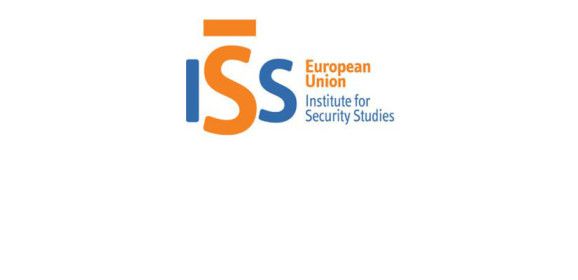Section: European Union Institute for Security Studies (France)
Defence: solidarity, trust and threat perception
A common defence policy requires mutual solidarity and trust, as well as a shared threat perception. Over the past year, the armed conflict in Ukraine has heavily tested all three in Europe and the US. So far, transatlantic solidarity, trust and shared threat perception seem to be holding. Reacting to Russian aggression in Ukraine and its...
Russian foreign policy: domestic constraints
President Putin is often presented by Western media as an autocratic leader free of checks and balances who imposes his will in foreign policy. If we could only climb ‘inside the head of Vladimir Putin’, to paraphrase the title of a recent book by French philosopher Michel Eltchaninoff, we could divine his intentions and predict his next...
Sanctions and Russia: lessons from the Cold War
The public debate around the effectiveness of sanctions is divided between those who believe that sanctions do not work; a more diffuse camp of lukewarm supporters arguing that sanctions are either a necessary evil or a way to preserve the credibility of the EU and US; and a smaller group of true believers who are convinced of their political and...
The EU and the NPT: drawing lines
On 27 April, some 150 states and 100 non-governmental organisations will convene at the Review Conference (RevCon) of the Nuclear Non-Proliferation Treaty (NPT) in New York for four weeks. At the five-yearly meeting, state parties negotiate assess members’ performance in implementing the treaty and outline further steps to be taken. While...
Russia’s info-war: theory and practice
The fabrications and distortions propagated by the Kremlin during the Ukraine crisis have made the concept of ‘information warfare’ common currency. Less widely appreciated is the Russian leadership’s understanding of the term and the vision of the world upon which it rests. Russian military theorists often argue that the...
Russia’s military: the weak links
Although President Putin has repeated time and again that he will not be drawn into an arms race for fear of bankrupting Russia, that is precisely what his policies imply. On 28 January 2015, two Russian TU-95 bombers, presumably armed with nuclear weapons, approached British airspace and disrupted civil aviation. The last in a series of fifty...
Sanctioning Russia: the right questions
Sanctions are often considered to be effective only if and when they force a change in the behaviour of their intended target. This approach is based on military logic, as sanctioning is considered a form of coercive diplomacy. This is, however, a simplistic way of approaching the matter. Whereas the results of direct military involvement are...



